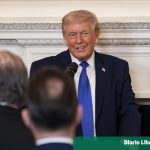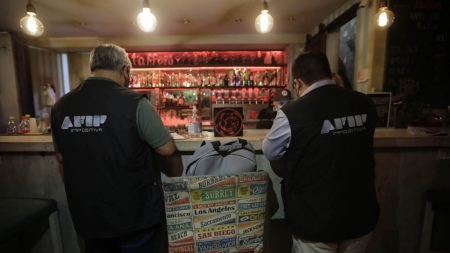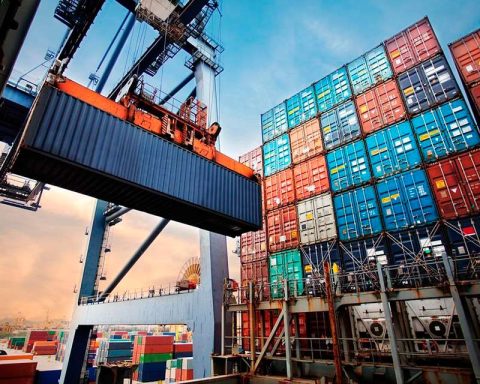The Ministry of Finance has already finalized the proposal to correct the Individual Income Tax (IRPF) table. The new table will expand the exemption range, which is currently at R$ 1,903.98. The proposal now awaits the final decision, to be given by President Luiz Inácio Lula da Silva.

The finalization of the proposal was announced today (13) by the Minister of Finance, Fernando Haddad, in a speech during a meeting of the National Directorate of the PT, but no details on values have been anticipated so far.
According to the PT press office, Haddad spoke for 40 minutes on fiscal and monetary policies. The minister informed party leaders that he had also completed the Desenrola program, aimed at renegotiating small debts.
IR table
The last update of the Income Tax table was made in 2015. The lack of updating has meant that more and more Brazilians, especially those with lower incomes, start paying this tax.
With the value of the minimum wage at R$ 1,302, for the first time in the country’s history, people who earn 1.5 minimum wages will be taxed. The current value of the minimum was defined in the previous government’s budget proposal.
During the election campaign, Lula even promised to expand the exemption range to R$5,000 throughout his term in office. During a meeting with trade union centrals, in January, Lula reiterated the idea, emphasizing that, in Brazil, “those who earn a lot pay little”.
“I have a fight with PT economists. People say ‘if you exempt up to R$ 5 thousand. they are 60% of the income of this country’. So let’s change the logic, let’s decrease for the poor and increase for the rich”, said the president during the meeting.
campaign spending
At the opening of the board meeting, the president of the PT, deputy Gleisi Hoffmann (PT-PR), anticipated a point of speech that Haddad would make in the sequence, in the closed-door meeting with the supporters, about the expenses made by the previous government, aiming at the re-election of Jair Bolsonaro.
“The use of the machine was absurd. Haddad brought us a staggering calculation: around BRL 300 billion was spent on tax exemptions, aid, credit, parliamentary amendments,” said Gleisi Hoffmann.















